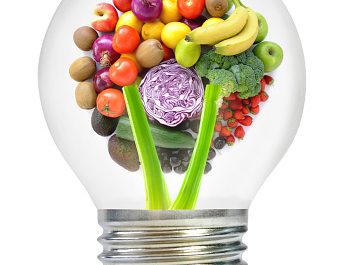Choosing the right commercial roof for your business is an important decision that can have long-term consequences. The roof is the first line of defense against the elements, protecting your building and its contents from rain, snow, and extreme temperatures. A good roof can also save you money on energy costs, as it helps to keep your building cool in the summer and warm in the winter. However, with so many options available, it can be overwhelming to decide which roof is the best fit for your business. Learn about different types of commercial roof from Colony Roofers with bonus tips on how to choose the right one for your needs.
There are several types of commercial roofs to choose from, each with its own set of benefits and drawbacks. Some of the most common types of commercial roofs include:
Flat roofs are exactly as they sound – flat or nearly flat, with a slope of less than 10 degrees. Flat roofs are popular for commercial buildings because they are easy to install and maintain, and they can be used for a variety of purposes, such as creating additional outdoor space or installing solar panels. However, flat roofs are not suitable for areas with heavy snowfall or extreme weather conditions, as they are more prone to leaks and damage.
Sloped roofs, also known as pitched roofs, have a steep slope and are typically made of asphalt shingles, wood shakes, or metal. Sloped roofs are more durable and weather-resistant than flat roofs, making them a good choice for areas with heavy snowfall or extreme weather conditions. However, they are more expensive to install and maintain than flat roofs.
Single-ply roofs are made of a single layer of flexible synthetic material, such as PVC or TPO, that is applied to the roof deck in a single layer. Single-ply roofs are lightweight, easy to install, and relatively inexpensive, making them a popular choice for commercial buildings. However, they are not as durable as other types of roofs and may require more frequent repairs or replacements.
Modified bitumen roofs are made of a layer of asphalt that is reinforced with fiberglass or polyester. They are similar to single-ply roofs in that they are applied in a single layer, but they are more durable and weather-resistant. Modified bitumen roofs are a good choice for commercial buildings in areas with extreme weather conditions, but they are more expensive to install and maintain than single-ply roofs.
Metal roofs are made of metal panels or tiles and are known for their durability, longevity, and energy efficiency. Metal roofs can withstand extreme weather conditions and are resistant to fire, wind, and pests. However, they are more expensive to install than other types of roofs and may require specialized installation techniques.
Tips for Choosing the Right Commercial Roof
There are several factors to consider when choosing the right commercial roof for your building:
Choosing the right commercial roof is an important decision that can have long-term consequences. Consider crucial factors such as the climate, budget, building type, roof slope, energy efficiency, and aesthetics and how they appear on your priority list when deciding on the best roof for your building.


